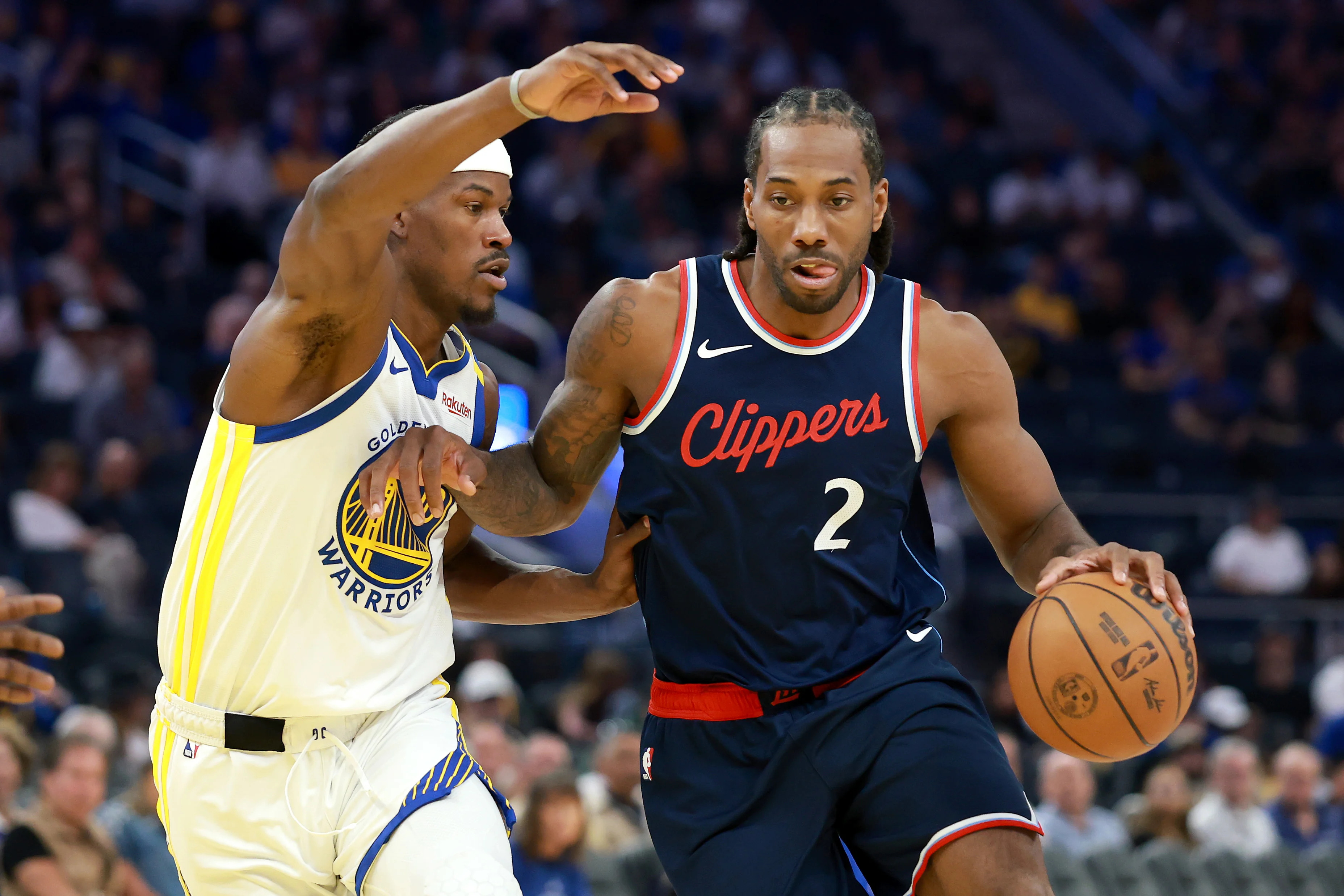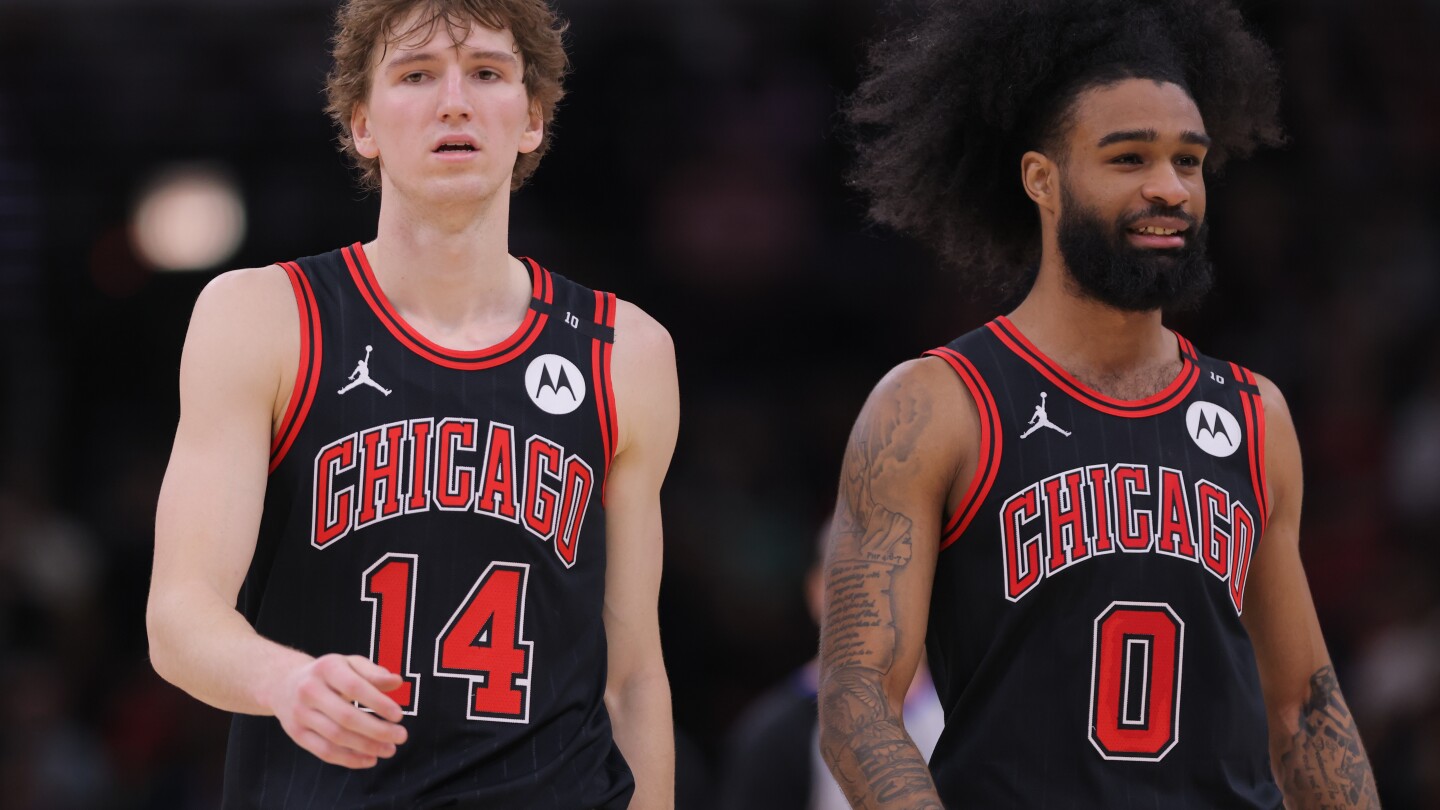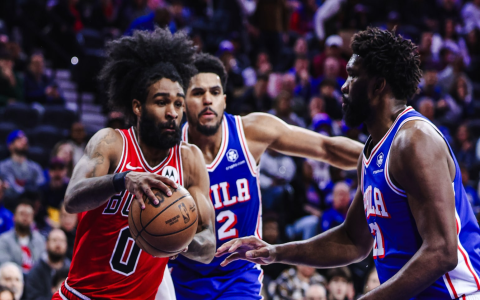Okay, so yesterday I was messing around, trying to see if I could predict the 76ers vs. Bulls game. It was more of a fun experiment than anything serious, you know?

First thing I did, naturally, was to grab a bunch of data. I’m talking stats overload! Team records, player stats (points, rebounds, assists, the whole shebang), recent game performance, head-to-head records… you name it, I probably looked at it. I scraped most of it from ESPN and a couple of other sports sites. It was a bit of a pain to clean it all up and get it into a usable format, but hey, gotta do what you gotta do.
Next up: figuring out what to actually do with all this data. I’m no data scientist, but I’ve dabbled in some basic machine learning stuff before. So, I thought, “Why not try a simple logistic regression model?” It’s pretty straightforward to implement and should give me a decent baseline.
I used Python with scikit-learn for the model. I fed it all the stats I had, split the data into training and testing sets (80/20 split seemed reasonable), and let it do its thing. The initial results were… not great, to be honest. The accuracy was hovering around 60%, which is barely better than flipping a coin.
That’s when I realized I needed to be smarter about the features I was using. Just throwing everything at the model wasn’t working. I started experimenting with different combinations of stats. I tried things like:
- Using only the last 5 games’ stats
- Creating a “momentum” score based on recent performance
- Factoring in the home/away advantage
Some of these tweaks helped a bit, but nothing made a huge difference. The biggest improvement came when I started looking at individual player matchups. Like, how does Embiid typically perform against the Bulls’ center? That kind of thing.

I ended up creating a few “matchup advantage” features based on historical data. These seemed to have a pretty significant impact on the model’s accuracy. After a lot of tweaking and experimenting, I managed to get the accuracy up to around 72%. Still not perfect, but definitely better than random chance.
So, what did the model predict for the 76ers vs. Bulls game? It favored the 76ers, with about a 65% probability of winning. Now, I’m not going to pretend this is some super-accurate prediction. It’s just a fun little project, and the model is based on relatively simple techniques. But hey, it’s better than nothing!
In the end, I was surprised how much time I spent on this! It’s a good reminder that even simple-sounding projects can quickly get complex when you dive into the details. But it was a fun learning experience, and I definitely picked up a few new tricks along the way. Next time, maybe I’ll try a more sophisticated model, like a neural network. Who knows, maybe I’ll actually get good at predicting these games!
Oh, and in case you’re wondering, the 76ers actually won the game. So, the model was right this time! But I’m not quitting my day job anytime soon.









